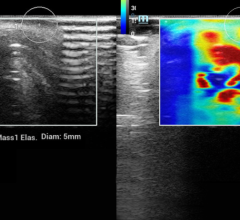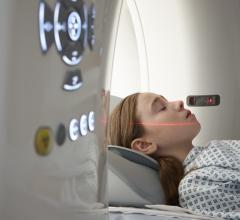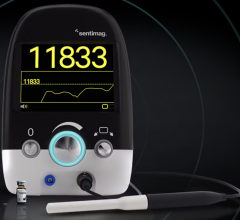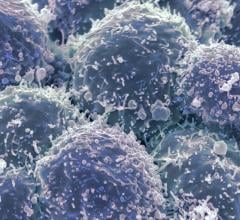
Getty Images
June 15, 2021 — The prevalence of genetic mutations associated with breast cancer in Black and white women is the same, according to a new JAMA Oncology study of nearly 30,000 patients led by researchers in the Basser Center for BRCA at the Abramson Cancer Center. About five percent of both Black and white women have a genetic mutation that increases their risk of breast cancer.
"The findings challenge past, smaller studies that found Black women face a greater genetic risk and the suggestion that race should be an independent factor when considering genetic testing," said first author Susan Domchek, M.D., executive director of the Basser Center for BRCA. "We shouldn't make changes to testing guidelines based on race alone. Rather, our efforts should focus on ensuring equal access to and uptake of testing to minimize disparities in care and outcomes."
Black women are more likely to be diagnosed with breast cancer before age 50 or with estrogen receptor (ER)-negative and triple-negative breast cancer than non-Hispanic white women. It has remained unclear whether these disparities are related to racial differences in germline genetic pathogenic variants (PVs) in known breast cancer genes and if race should inform strategies for genetic testing.
The latest multi-institutional effort—which follows a 2020 study that investigated relative breast cancer risk in Black women but with no direct comparison to white women—analyzed data from seven population-based studies in the CARRIERS consortium. The researchers measured the prevalence of PVs in 12 genes known to confer breast cancer risk. The CARRIERS consortium is a group of 17 large epidemiology studies in the U.S. focused on women in the general population who develop breast cancer.
Among 3,946 Black and 25,287 non-Hispanic White women, there was no statistically significant difference in PVs by race: 5.65 percent of Black women vs. 5.06 percent of non-Hispanic White women had PVs in the 12 genes. The researchers also found that younger age and ER-negative breast cancer were risk factors in the most impactful genes, including BRCA1, BRCA2, and PALB2, for both white and Black women.
Compared to white women, Black women are much less likely to undergo genetic counseling and testing, largely due to differences in physician recommendations or access to care.
To help close that gap, the Basser Center launched its Black & BRCA initiative in 2020 to bring tailored resources and support to the Black community for genetic counseling and testing. The outreach effort provides tools to collect family history, addresses myths, and educates providers.
"At a time when Black men and women are more likely to be diagnosed with cancer at later stages when it is less treatable, Black & BRCA seeks to empower people to understand their family health history and take action to prevent cancer from one generation to the next," Domchek said.
For more information: www.


 May 03, 2024
May 03, 2024 








